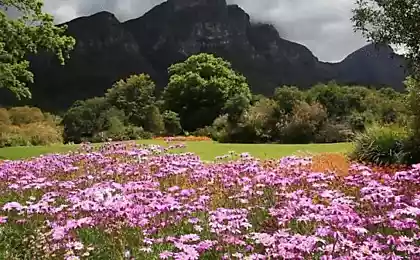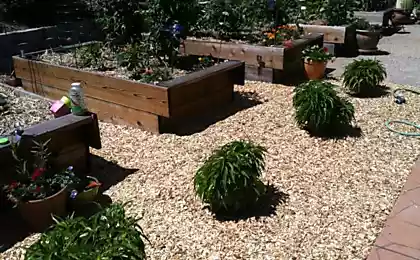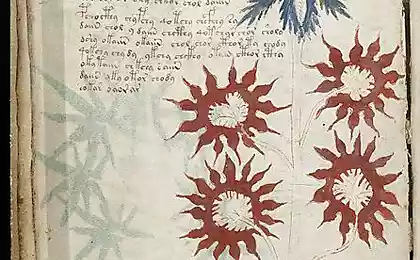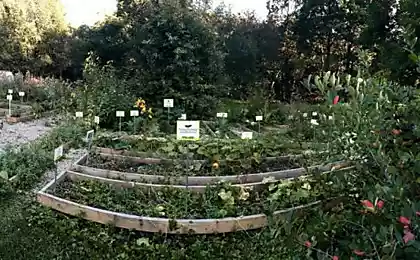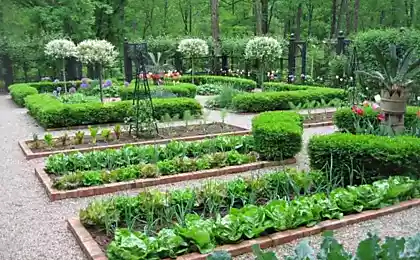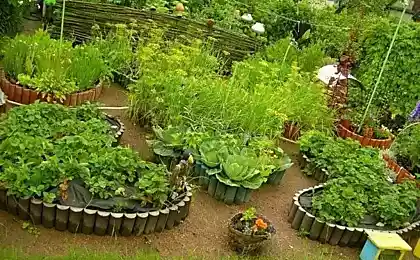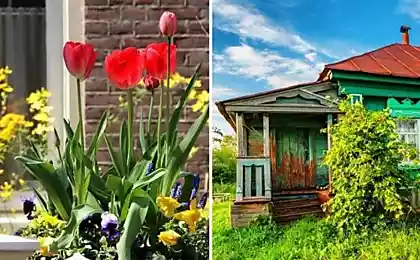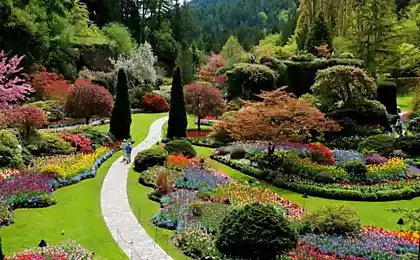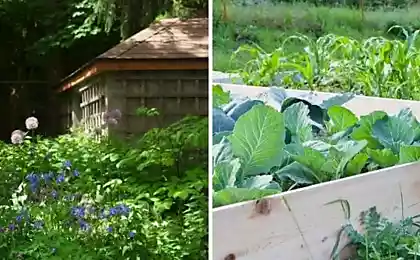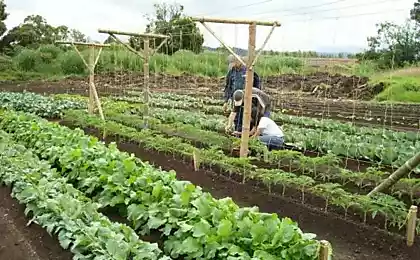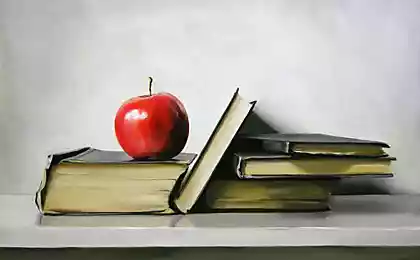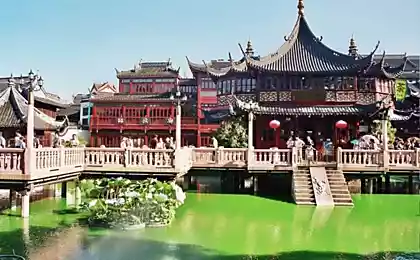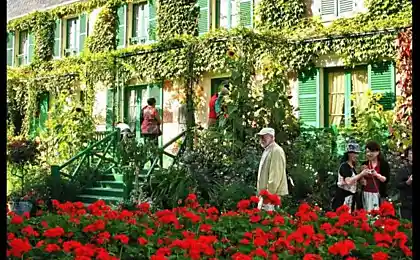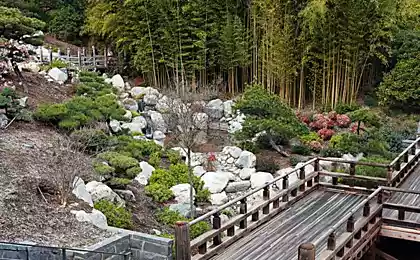390
A few words about the overly strict rules of garden-Ogorodny science
Twenty six million five hundred fourteen thousand one hundred thirteen
And finally, we need to step back and speak about overly strict rules that flooded our garden science. It is bogged down in dogma. You know many of them. Here are a few examples:
Dogma is one-sided rules, which became a brake.They sound always very convincing, but in fact only hinder us from acting freely.
What distinguishes dogma from the rules of farming? Dogma is a one-sided understanding of the rules of farming. For example, we know that if the Bush under the mats to make a lot of compost, they will grow too long before you will engage in the fruit, and the crop will not have time to ripen by late summer. Under the tomatoes compost you need to make in the fall, and not in large quantity. But if someone decides that "tomatoes with compost fertilize", then it is a dogma.We have seen that the rejection of established rules of subsistence farming from digging and construction of the beds — nothing bad turned. I quietly rejected several dogmas and the life I have in the garden and in the garden has not stopped, goes on.Let's take for example the just mentioned rules to see how they are conditional.Crust on the soil... I still do not understand why the growers are so afraid of crusts on the soil surface. "Immediately loosen crust, and all beneath it choke!"One, someone came up with, and all repeat after him. This is a purely speculative conclusion, not confirmed by practice. Cork does no harm to anyone. The seeds germinate through any crust, at least for us in the middle lane. Generally, in the sunshine on the soil surface there is always a sort of cover with small cracks. If it is fear, then we are only going to do that to loosen and loosen.You talk about cork, we turn to large cracks. When you manage to keep the ground surface free from weeds, the soil will be much better to warm up. Before the grass reflected the sun's rays, and without the dark soil heats up quickly in the sun. Even wetland areas dry out quickly during the hot days of may. And in some places on the soil will appear large, Shiri Noy up to 3 cm, cracks. But don't worry about it, no harm, these cracks will bring. This will be a permanent crack for many years, and the plant roots will adapt to them.
In the old days, when there was no plumbing and hoses for irrigation, water for the gardens, carried in buckets. Sometimes people have come a long way from the river or from the well. And to water the whole garden, had to do a lot of walking. Naturally, in the sun watered, it was unprofitable as hot land quickly evaporated most of the water had dried up. Tried showering in the morning or evening so that all the water stayed longer in the ground. Gradually innocent ploy turned into a ban. Modern people think that daily watering is something harmful to the plants.
When watering in the day... there is nothing terrible. And can't happen. However, there is the argument: "Droplets on leaves cause burns like lenses!"Sounds very convincing. But in reality it turns out that droplets in the sun, dry quickly, and no scalding occurs. If you want, check. And how can the lens — if we continue the comparison — to burn the surface, which is pressed closely?.. And then how all nature lives: it turns out that if, immediately after rain comes the sun, all vegetation is covered with spots and burns will be covered in yellow speckles? Have you ever seen this? I detail these examples to show how much nonsense is wound around country labor. The cultivation of vegetables and fruit is a extremely simple job, which people have done for ages, and suddenly today it has become challenging, not everyone is able... All these difficulties people imagine themselves far from the earth, and scaring the citizens, and fear, as you know, big eyes. Then you peel to fear, and aphids. It is believed that to transplant plants you only need the spring or fall. Again, this only applies to flowering or fruiting plants — they do better not to touch in the middle of summer. But this does not mean that in the summer you can not do anything to transplant.
Everyone survives, only water better. (Note that in General, all transplant inside your site root, because they are made quickly, with lots of earth on the roots. The plants are so hardy that these conditions can not settle down. Not to settle down can only purchase plant due to improper storage.)
We have seen that most of the rules of care for plants — a rather conditional, and they can be safely rejected. The better we understand the nature of plants, their features, the freer turn with them. I hope now you will gain more courage in its country activities.
Source: sadiogoroddlyalenivuh.blogspot.com/
